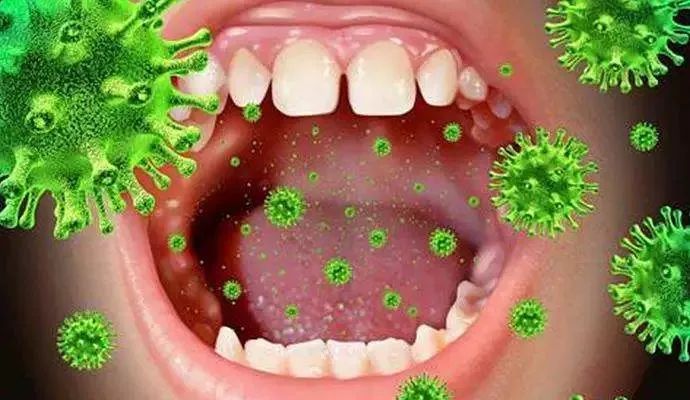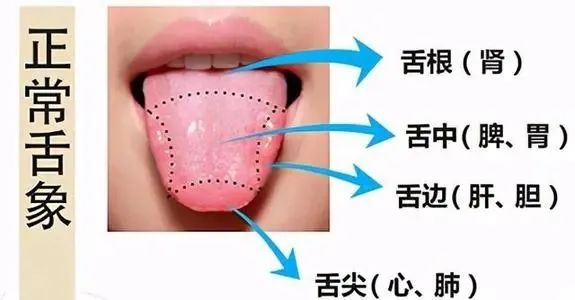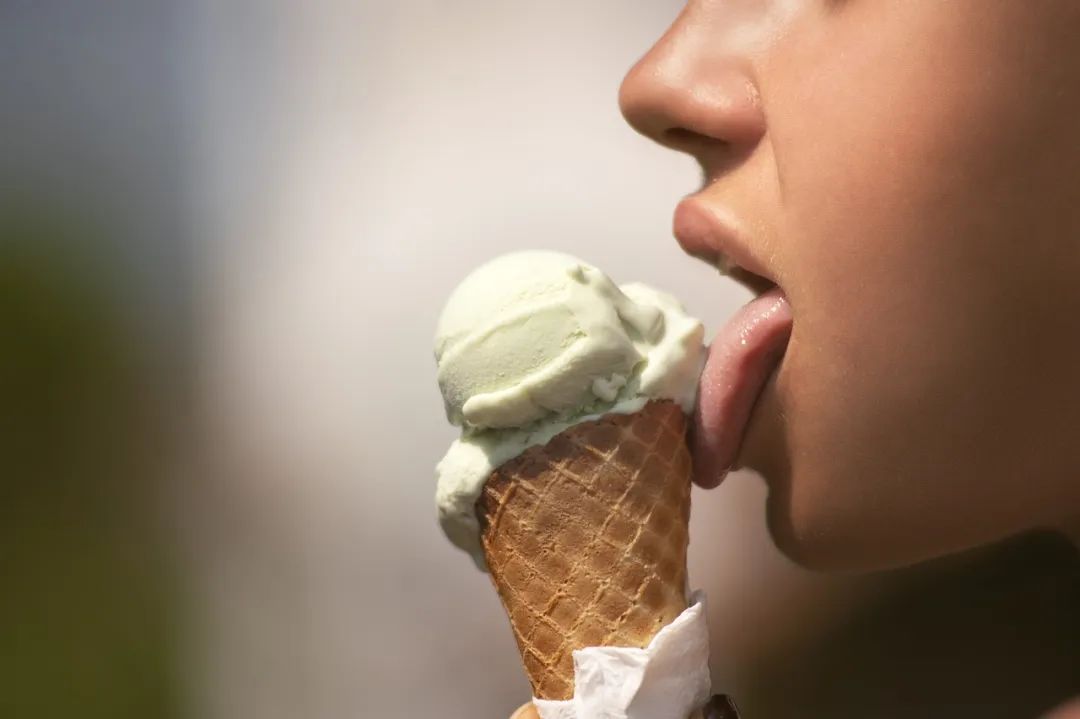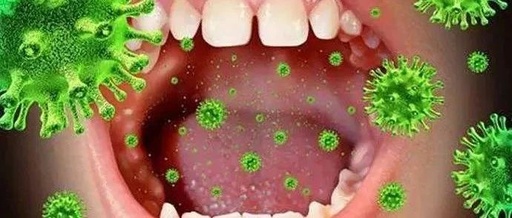Source: Guangdong Science Popularization
#Brushing Your Tongue is as Important as Brushing Your Teeth#Recently, a topic about brushing teeth has surged in popularity and continues to gain attention.

The topic has sparked heated discussions with both “lessons learned” shared and many questions raised. Doesn’t Traditional Chinese Medicine (TCM) say to “look at the tongue”? Do we really need to brush our tongues?



Among the many comments, the most resonant concern is that brushing the tongue often induces a gag reflex. How can one continue brushing under such circumstances? What is the purpose of brushing the tongue? How can we brush comfortably? Let’s explore!
The Bacteria on Your Tongue Are Quite Significant
The normal tongue mucosa is rough and uneven, with many papillae protruding. Among them, the filiform papillae cover the entire surface of the tongue and are the most numerous.Under magnification, they appear long and pointed, measuring about 0.5 to 3 mm in size. This uneven, moist space is essentially a “paradise” for bacteria.
The so-called tongue coating is a thin, white layer on the surface of the tongue. It consists of cells shed from the tips of the filiform papillae, mixed with bacteria, food debris, saliva, and other components. Research has identified 17 genera of bacteria on the human tongue, including free bacteria, bacteria attached to host epithelial cells, and bacteria forming complex multilayer biofilms. Moreover, these diverse bacteria form “alliances,” and some of them are pathogenic. These bacteria not only easily cause bad breath but also increase the risk of oral diseases.
Additionally, illness can enter through the mouth. Individuals with poor oral hygiene are more susceptible to illness. This is because viruses enter through the mouth and nose, attaching to the mucosa of the upper respiratory tract. If there are too many oral bacteria, they can assist the influenza virus, facilitating its movement into the trachea and enhancing its activity, thereby increasing the likelihood of influenza.

What to Do If Brushing Your Tongue Makes You Gag?
When it comes to brushing the tongue, many people’s first reaction is: it easily induces a gag reflex. Why is that?Generally, the nerves on the tongue are quite sensitive, and brushing the tongue coating may stimulate these nerves.Feeling like gagging while brushing the tongue is actually a protective mechanism of the body to prevent swallowing incorrectly, known as the “gag reflex.” To alleviate this discomfort, we can do the following:1. Clean with moderate force. When scraping the tongue, use gentle pressure to avoid damaging the papillae, which can also lead to nausea.2. Brush the tongue in the morning for the best effect. Saliva secretion is lower during sleep, making it a peak time for bacterial proliferation; therefore, cleaning in the morning is most effective.3. Rinse after meals to maintain cleanliness. Eating leaves food debris on the tongue, which accumulates as tongue coating. Thus, rinsing after each meal helps improve this and also removes bacteria from between the teeth, reducing bad breath.
What Is Tongue Diagnosis in TCM?
Tongue diagnosis is one of the key components of the “inspection” method in TCM’s four diagnostic methods: observation, listening, inquiry, and palpation.Tongue diagnosis is a simple and effective method for assisting diagnosis and differentiation by observing changes in the color and shape of the tongue.Because of this, some comments have mentioned: “TCM says not to brush the tongue.” How should we interpret this?
Under normal circumstances, due to chewing and swallowing actions, as well as the rinsing effect of saliva and food, the substances on the tongue’s surface are continuously cleared, and the tongue coating typically appears as a thin white layer.In other words, a normal tongue appearance is: a light red color, moist texture, moderate size, soft and flexible, with a uniform thin white and moist coating.This is referred to as “light red tongue, thin white coating.”
From a TCM perspective, the tongue coating reflects the state of the stomach qi and can indicate the function of the spleen and stomach, as well as the balance of qi and blood. Brushing the tongue coating may affect TCM diagnosis and hinder TCM treatment.If the tongue coating becomes thick and greasy, or if it turns black or has an odor, it is essential to visit a hospital for examination.In such cases, we may consider postponing scraping to avoid affecting the doctor’s diagnosis.In general, brushing the tongue coating should be gentle and not overly frequent.

What Are the “Super Skills” of the Tongue That You Know?
# Our Tongue Has Thousands of Taste Buds
The pink little bumps visible on the tongue are not taste buds but papillae. The papillae are mainly distributed on the surface and sides of the tongue, with none on the back. The structures that look like flower buds on each bump are the taste buds, but they are not visible to the naked eye.Humans have between 2,000 to 10,000 taste buds on their tongues, and these taste bud cells renew every 10 to 14 days.However, there is significant variation in the number of taste buds among individuals; for example, sommeliers have more and denser taste buds than the average person.

# Our Tongue Has Incredible Endurance
The muscles in the human body can be divided into two main types: those with great strength and those with incredible endurance. The tongue, which never seems to tire, clearly belongs to the latter.This type of muscle fiber is also known as “fatigue-resistant muscle fiber,” and its endurance advantage is related to the myosin chain.In addition to the tongue, all muscles responsible for “voice production” in the respiratory tract are designed as “fatigue-resistant muscles.” Moreover, the tongue has a relatively dense vascular network, which can quickly supply oxygen and nutrients to the muscles, thereby increasing its endurance and fatigue resistance.

The unassuming tongue is our health’s “recorder” and an unflagging “workhorse.”Take good care of it and pay close attention to its condition!

